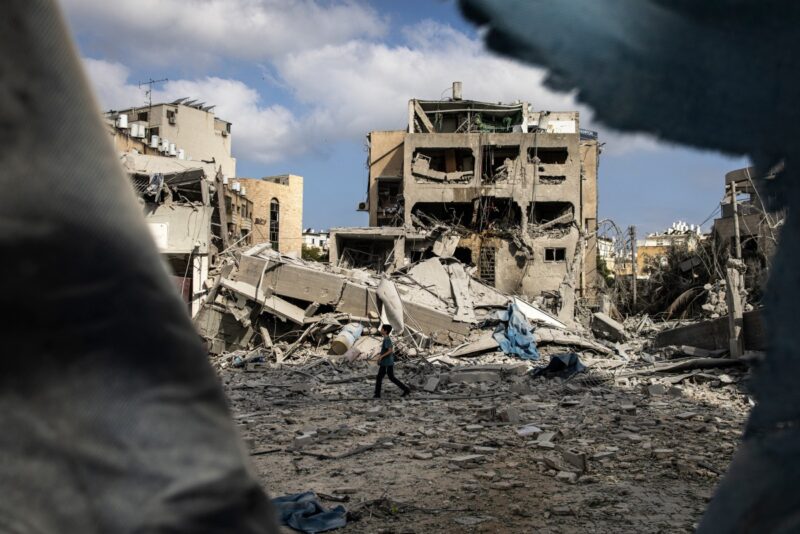The crisis between Israel and Iran has left many Nigerians stranded, with over a thousand citizens crying for help while hiding in underground bomb shelters.
As airstrikes continue from both countries, Nigerians caught in the conflict say they feel abandoned by their home government.
The violent clash began when Israel launched an attack on Iranian military locations, targeting areas deep within Tehran, including neighborhoods where top commanders of the Islamic Revolutionary Guard Corps lived.
In response, Iran fired more than 100 missiles at various Israeli cities, including Tel Aviv and Jerusalem—places where many Nigerians live and work.
Ekene Abaka, a Nigerian in Tel Aviv, sent a short Facebook message saying, “We are in an Israeli bomb shelter and I can’t answer calls right now.” His message reflects the level of fear among Nigerians who have taken cover under the threat of falling missiles.
Another Nigerian, a software engineer based in Jerusalem who asked not to be named, noted that most Nigerians in Israel live in Tel Aviv, which has been hit the hardest. “We are on the run. The Nigerian embassy is shut down. It’s not doing anything about the issue at the moment,” he said.
A video shared by a Facebook page called Travels Vlog showed several Nigerians running for cover after receiving alerts from the Israeli government about incoming Iranian missiles. “Oh! It’s closed. Why did they lock this place?” a terrified voice was heard saying, as they tried to enter a locked shelter.
Solomon, the host of the vlog, explained how citizens receive text alerts from the Israeli government about approaching missile attacks, giving them only minutes to flee to the nearest bomb shelter.
Meanwhile, other countries such as Germany, Greece, and China have already started evacuating their citizens from both Israel and Iran. China, for example, has flown over 1,600 of its citizens out of danger zones.
The Nigerian government, on the other hand, says it is still waiting for clearance to move nearly 1,000 Nigerians stranded in Iran to Armenia before flying them home. Kimiebi Ebienfa, a spokesperson for the Ministry of Foreign Affairs, noted that arrangements with transport companies have been completed, but they still need Armenia’s approval to allow the evacuees to cross the border.
He noted, “The Embassy has advised Nigerians to stay away from demonstrations, remain in safe areas, and stay glued to their phones for evacuation messages once arrangements are concluded.”
Many Nigerians have also been hit hard economically. “In Israel, rent is paid monthly and salaries come by the hour. With businesses shut down, we have no income. We don’t know how we’ll feed our children or pay for anything,” the engineer in Jerusalem added.









